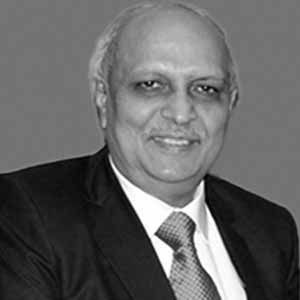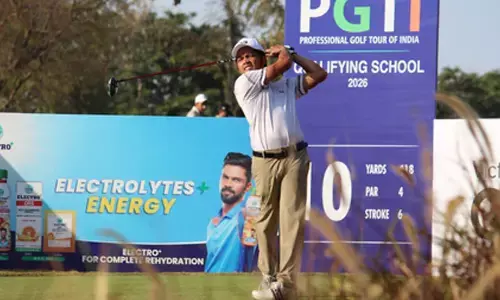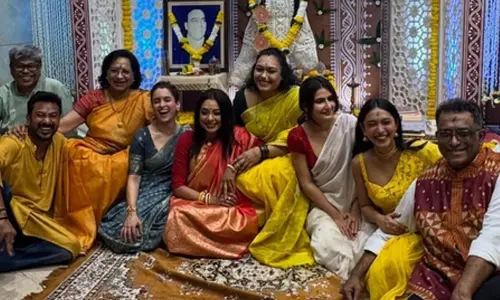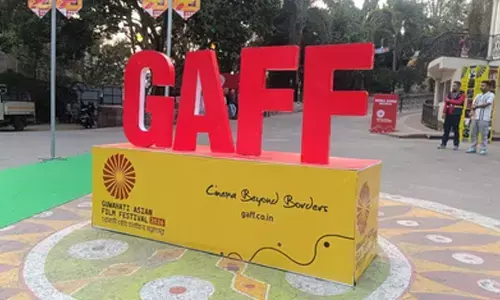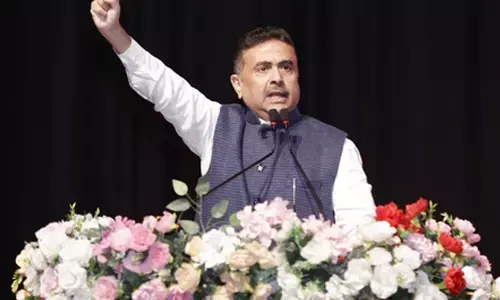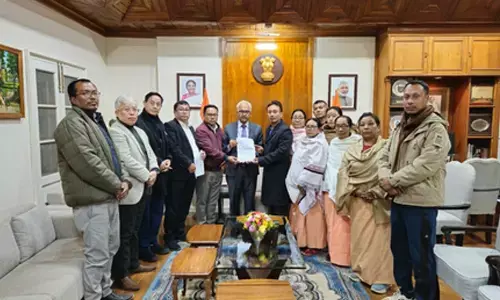Free small temples from government control
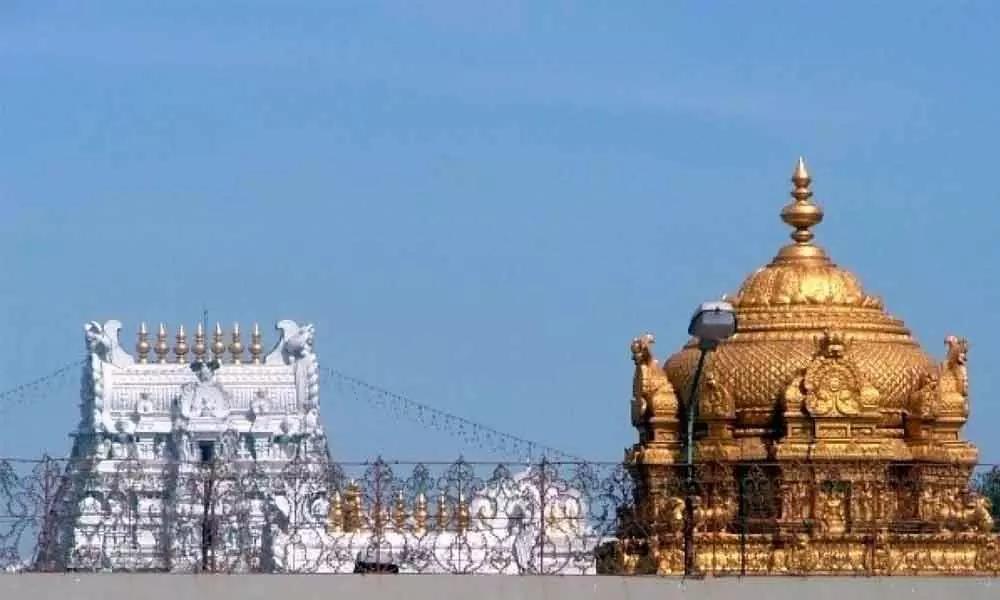
Archaka community in Andhra Pradesh had an occasion to rejoice this Monday.
Archaka community in Andhra Pradesh had an occasion to rejoice this Monday. Long pending demand of them got fulfilled with issuance of GO 439 by the endowment department operationalising the amendment to the endowment act in 2007 .
It is more popularly known as GO 76 since in 2017 government issued preliminary notification through above GO but refused to confirm it later.
It took more than a decade for the government to issue the necessary rules under the act. While Mr Y s Rajasekhara Reddy was instrumental in bringing about the amendment to the act in 2007, Jagan Mohan Reddy issued the necessary rules under the amended act now.
It all began in 1987 when Mr NT Rama Rao based on the recommendations of Challa Kondaiah commission went ahead and amended the endowments act dislocating the existing system without giving a thought to an alternative system that can take its place.
One welcome decision was that of abolition of mirasi which was unique only to the Tirumala temple where the priests and others who did service to the lord were compensated in terms of a share in the income of the temple.
There are any number of such mirasis but prominent was the archaka mirasi who used to get a substantial share in the income of the temple.
But in the process the small rural temples were clubbed along with the TTD and plate collections and hereditary right to archakatwam in these small temples were also abolished.
These measures were a death knell to the small temples since no alternative system of managing those temples was thought of or implemented by the government.
The endowment department control was expanded over these small temples with very little income and the salaries of endowment staff became the first priority on the resources of these temples.
A decade long battle in different courts led to a series of judgements by the supreme court which were partly implemented partly violated by the state governments.
Dr.Soundarrajan of Chilkur Balaji temple single-handedly led the temple protection movement for restoration of some of these benefits to small temples in the rural areas.
But in the absence of a proactive Government support endowment department became all too powerful harassing the temple priests since the amended act was not in their favour.
Unable to bear this harassment Bheeshmasenachar, a priest in a small temple in Alampuram in Mahabubnagar committed suicide hanging himself from the temple bell.
It was the tireless efforts of Soundararajan and a change in the government the act was reamended in 2007 restoring some of the earlier features without restoring the mirasi system. Now after more than a decade rules to operationalise the amended act are issued.
Strong temple system well run, owned by the community with dedicated dharmik staff who are well trained with proper social outreach can only be the right way of protecting and propagating Hindu dharma In the villages.
It is not just a coincidence it was during this 30-40 years other faiths started taking deep roots in the villages.
Now that government has taken first step in the right direction it should be followed up by a number of measures for administering temples in an efficient manner.
Dharmik Parishad should be constituted and filled up with persons with abiding faith in Hindu religion unlike the way TTD was filled up. All dharmik staff should be brought under the control of the Dharmik Parishad . All small temples should be unshackled from the clutches of the endowment department.
It is possible to organise minimum remuneration of 15,000 rupees to the priests in the small temples by cross subsidising from the bigger temples without any budgetary support from the government.
Budgetary support to any religion may not sustain in the long run since it is unconstitutional. Government should work towards this end.
Simultaneously archakas should be properly trained and be made socially conscious and be made the local anchors for protection and spread of Hindu religion . The Samarasata Seva Samiti is doing a pioneering job in protection and propagation of Hindu religion. Archakas should be made to work along with them.
More importantly if temples can be freed from government control that can usher in a new era in their management as centres of Hindu religion.
Hope Subramanian Swamy would succeed in his endeavours in this regard . The case he filed is presently pending in AP high court.
(Writer is former Chief Secretary, Government of Andhra Pradesh)

